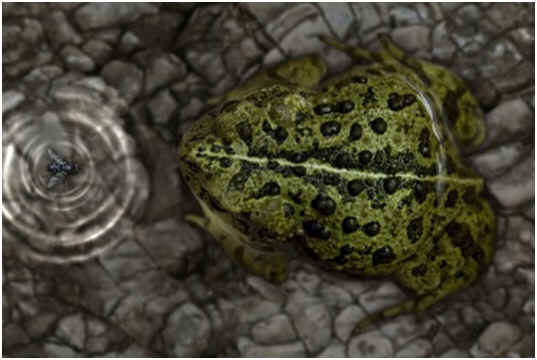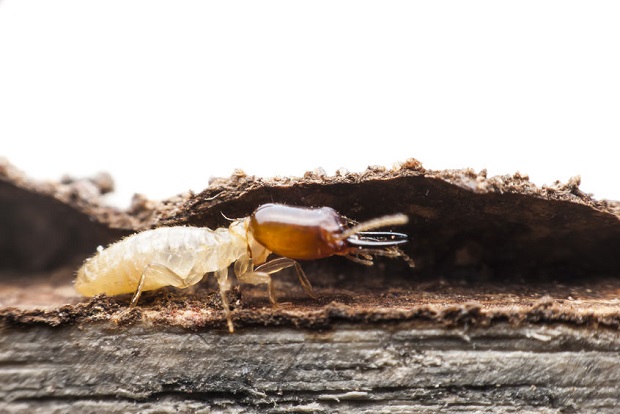
Are Squirrels Colorblind?
Squirrels are colorblind. A squirrel’s vision is unusually colorful compared to most animals, but by human standards, it is still considered colorblind. Most squirrels have dichromatic vision, which means they can distinguish blue and yellow tones but have red-green color blindness. In humans, these conditions are known as protanopia (red-blindness) and deuteranopia (green-blindness) and typically occur together. Squirrels can differentiate red and green from other colors but cannot tell the difference between red and green.
Human vs. Squirrel Vision
Studies have shown unexpected similarities between human and squirrel visual perception. In fact, the places on the color spectrum, or copunctal points, that are confusing for people with red-green color blindness are in the same color spots as in squirrels. A squirrel’s visual acuity, or focusing power, is far superior to that of humans. The fovea centralis in humans is a small area of the retina where vision is most acute. Squirrels have this ability over the entire retina.
Unique Facts about Squirrel Vision
Many ground squirrels have dark yellow-tinted eye lenses. Tree squirrels have paler yellow lenses; nocturnal, flying squirrels have clear lenses. These tinted lenses are believed to act as sunglasses, reducing the glare from bright light and sharpening color differences.
Resources
- Richard W. Thorington, Jr., and Katie E. Ferrell, 2006. Squirrels: The Animal Answer Guide. Johns Hopkins University Press.
- Don H. Anderson and Gerald H. Jacobs, 1972. Color vision and visual sensitivity in the California ground squirrel (Citellus beecheyi). Vision Research, Vol. 12. http://www.sciencedirect.com/science/article/pii/0042698972900533





